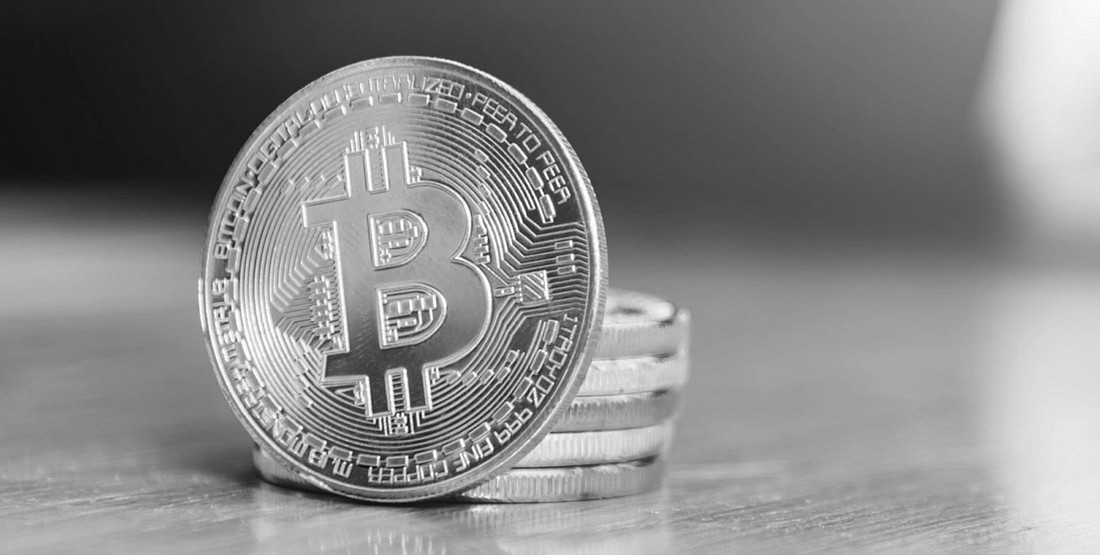By now, you have probably heard about the craze of cryptocurrency and non-fungible tokens (NFTs). Before diving into NFTs, we thought it would help to provide a list of important terms and definitions to guide your understanding of the world of NFTs. In later articles, we will go into more detail about buying NFTs.
- Bitcoin: A popular type of cryptocurrency you can use to purchase/sell NFTs.
- Blockchain: A digital database to hold information that is shared across networks. Everything is stored electronically in a digital format. The blockchain provides a digital, public ledger of prior transactions. The blockchain was previously utilized primarily for cryptocurrency transactions but has recently provided the technology for NFTs to be purchased, sold and traded, and for their ownership and authenticity to be verified.
- Crypto/cryptocurrency: Digital currency that can be used to complete transactions, such as purchasing NFTs. NFTs can be purchased with different types of cryptocurrencies.
- Drops: Events hosted by artists/ producers of NFTs that let buyers purchase new NFTs at certain times and dates. There can be limits on the availability of the NFTs and how many can be purchased.
- Ethereum (ETH): A blockchain that utilizes its own cryptocurrency, ether. This is a popular way to purchase NFTs.
- Gas: There are several associated fees involved in a blockchain transaction. One type is a gas fee, which is the charge for efforts to complete a blockchain transaction. This would be similar to bank processing fees to transfer money. These fees can vary and might be charged when you purchase/sell an NFT.
- Mint/minting: The concept of minting an NFT can be quite involved. In simple terms, minting an NFT is adding a digital asset to a blockchain. Depending on the type of digital file, the minting process varies.
- Non-Fungible Token (NFT): Digital data that is uniquely identifiable and exists on a blockchain that allows them to be transferred. They can represent ownership of and rights to multiple types of data, such as digital artwork and music. The purchase of each NFT may come with different assets/rights. These would be described in the terms governing the NFT, which we will discuss in a subsequent article.
- Wallet: A place where your cryptocurrency and NFTs can be stored. There are different types of wallets, depending on the storage you want to utilize.
Elizabeth M. Stamoulis can be reached at 941-552-5546 or [email protected]
Adrienne C. Phillips can be reached at 941-329-6601 or [email protected]


